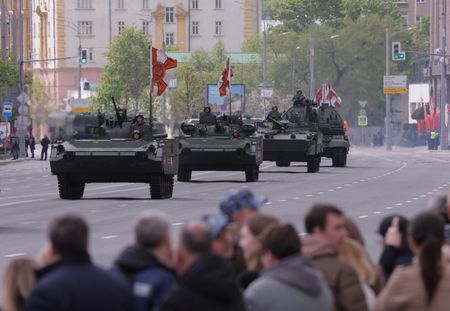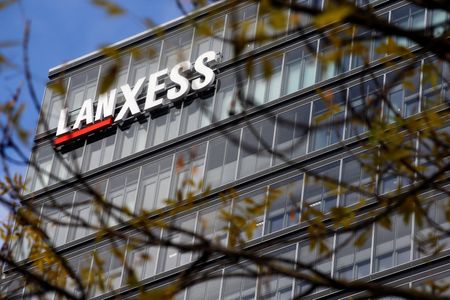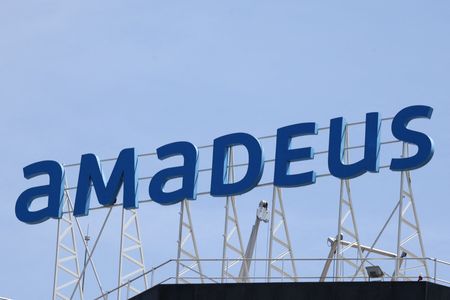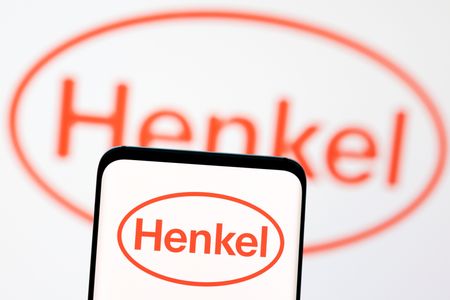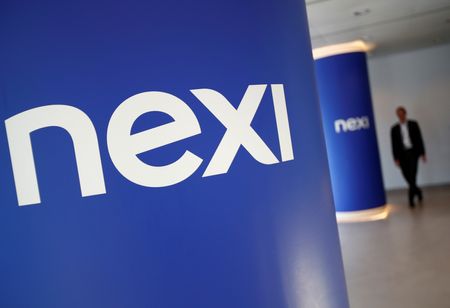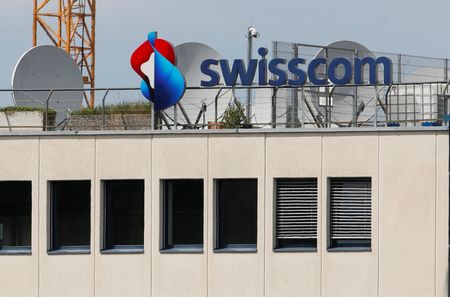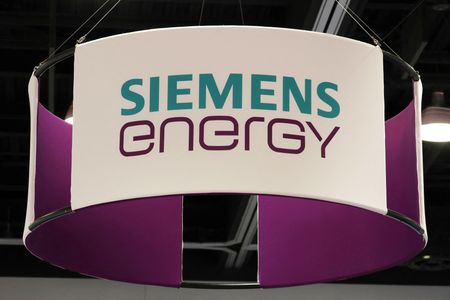By Vladimir Soldatkin and Guy Faulconbridge
MOSCOW (Reuters) – Russia marks on Friday the 80th anniversary of the Soviet and allied victory over Nazi Germany, though there are fears that Ukraine may seek to disrupt the most hallowed celebration in the Russian calendar.
Here is some information on who is expected to attend the celebrations, security arrangements and other details.
WHO IS GOING?
Twenty-nine leaders, including China’s President Xi Jinping and Brazilian President Luiz Inacio Lula da Silva, are expected to attend, the Kremlin said.
“Despite the hostile attitude towards Russia from a number of Western countries, we are very successfully holding a very large-scale event,” said Yuri Ushakov, the Kremlin’s top foreign policy adviser.
The Kremlin’s list of expected attendees includes the leaders of the former Soviet republics of Armenia, Azerbaijan, Belarus, Kazakhstan, Kyrgyzstan, Tajikistan, Turkmenistan and Uzbekistan.
Also expected are the leaders of Bosnia, Brazil, Burkina Faso, China, Congo, Cuba, Egypt, Equatorial Guinea, Ethiopia, Guinea–Bissau, Laos, Mongolia, Myanmar, Palestinian Territories, Serbia, Slovakia, Venezuela, Vietnam and Zimbabwe. The leaders of Abkhazia and South Ossetia, two rebel regions considered by most of the world to be part of Georgia, are also expected.
Western leaders from key allied victors in World War Two such as British Prime Keir Starmer will not attend, though some U.S. veterans will join the parade. Russian state broadcaster ‘Zvezda’ said U.S. Secretary of State Marco Rubio might attend but the Kremlin said it had no information on his plans.
Ukraine has invited senior EU leaders and officials to Kyiv.
WHAT HAPPENS AT THE CELEBRATION?
At the parade on Red Square, Russian soldiers goose-step to World War Two marching songs, roar to their commanders and drive military hardware such as intercontinental ballistic missiles and tanks past Lenin’s Mausoleum.
Russian President Vladimir Putin delivers a speech, usually surrounded by veterans. Russia’s defence minister inspects the thousands of troops who march past, while fighter jets, trailing smoke in the white, blue and red of the Russian tricolour, roar overhead.
WILL IT BE SAFE?
After three days of major Ukrainian drone attacks on Moscow, there are fears that the parade could be disrupted, though the Kremlin has said the military is doing everything it can to ensure maximum security.
Russia has developed myriad electronic “umbrellas” over Moscow and key installations, with additional advanced internal layers over strategic buildings, and a complex web of air defences to shoot down drones before they reach the Kremlin in the heart of the capital.
The Kremlin brands Ukraine’s attacks as acts of terrorism. Ukraine says it is simply fighting back after three years of deadly Russian attacks.
Security is extremely tight in Moscow. The Kremlin said there would be disruption to mobile phone signals while even some sports clubs in the centre have cut back opening hours and warned clients that there will be searches.
Putin has proposed a 72-hour ceasefire that will run on May 8, May 9 and May 10. The Kremlin has said it will abide by the ceasefire but will respond if Ukraine attacks.
Ukrainian President Volodymyr Zelenskiy has called the proposed ceasefire pointless, and instead suggested an unconditional ceasefire over at least 30 days in line with a U.S. proposal launched in March.
HOW IMPORTANT IS IT FOR RUSSIA – AND CHINA?
The Soviet Union lost 27 million people in World War Two, including many millions in Ukraine, but pushed Nazi forces back to Berlin, where Adolf Hitler committed suicide and the red Soviet Victory Banner was raised over the Reichstag in May 1945.
For many Russians – and for many other peoples of the former Soviet Union – May 9 is the most sacred date in the calendar, and Putin, bristling at what he says are attempts by the West to belittle the Soviet victory, has sought to use memories of World War Two to unite Russian society.
Chinese Communist Party historians say China’s casualties in the 1937-1945 Second Sino-Japanese War were 35 million. The Japanese occupation caused the displacement of as many as 100 million Chinese people and significant economic hardship, as well as the 1937 Nanjing Massacre, during which an estimated 100,000 to 300,000 victims were killed.
WHY IS IT ON MAY 9?
Nazi Germany’s unconditional surrender came into force at 11:01 p.m. on May 8, 1945, marked as “Victory in Europe Day” by Britain, the United States and France. In Moscow it was already May 9, which became the Soviet Union’s “Victory Day” in what Russians call the Great Patriotic War of 1941-45.
HAS IT ALWAYS BEEN THIS WAY IN RUSSIA?
After victory, Soviet leader Josef Stalin decreed a holiday, and the first victory parade on Red Square, featuring captured German insignia, was held on June 24, 1945.
May 9 was a normal working day from 1947 until 1965, when then-Soviet leader Leonid Brezhnev ordered a 20th anniversary parade on Red Square, featuring veterans and historical weaponry. Others were held in 1985, 1990 and 1995.
The occasion for showing off modern Soviet military hardware was parades held on Red Square on Nov. 7 each year before the assembled Communist Party Politburo to mark the anniversary of Vladimir Lenin’s Bolshevik Revolution in 1917.
Since 2008, Victory Day has become an occasion not only to honour the sacrifices of a previous generation, which are seared into older Russians’ folk memory, but also to burnish an image of post-Communist Russia restored to its former greatness.
(Writing by Guy Faulconbridge; Editing by Gareth Jones)

